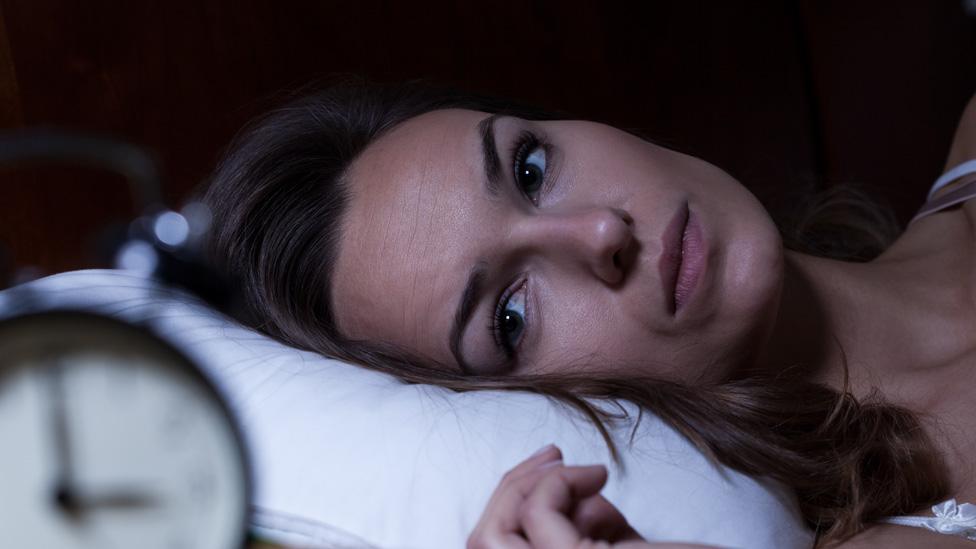How to take the perfect nap (and improve your health)
- Published
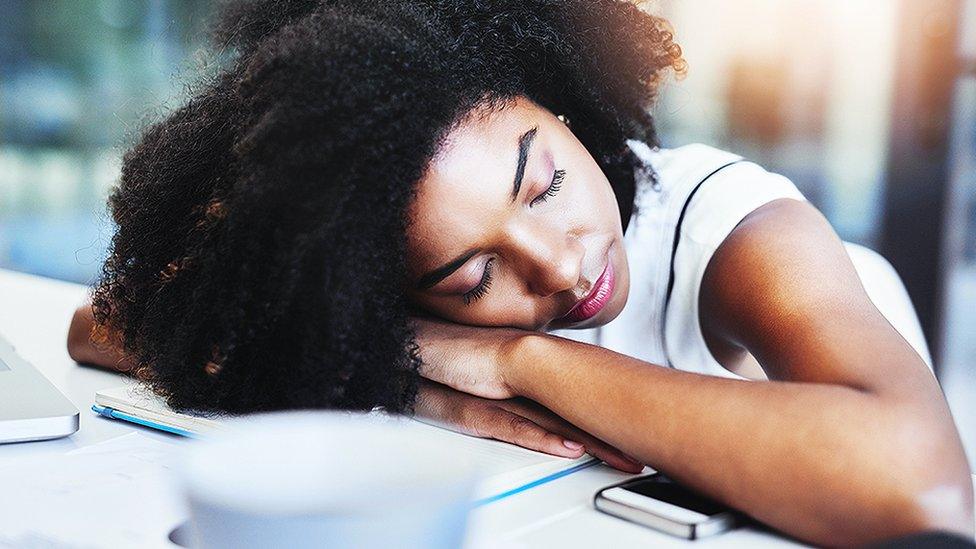
Taking a nap might do more than just improve your mood - a new study has shown it may help you live longer.
Research has shown that a regular nap of 20 minutes can cut your chance of having a heart attack in later life.
Getting your head down lowers blood pressure, according to the study from Asklepieion General Hospital in Voula, Greece.
The research focused on older people, but we could all benefit from a bit of shut-eye during the day.
"Napping can be easily adopted and typically doesn't cost anything," says cardiologist Manolis Kallistratos, external, who conducted the study.
"Based on our findings, if someone has the luxury to take a nap during the day, it may also have benefits for high blood pressure."
His study found that a 20-minute nap resulted in an average drop of 5mm Hg (how medical experts measure blood pressure) - that's about the same as a low dose of blood pressure medication.
So we should probably all make the effort to get better at napping.
So, when should you take a nap?
It wasn't just that massive sandwich you had for lunch that made you feel sleepy - the afternoon lull is hardwired into our DNA.
"It actually happens because you get a little dip in what we call the 'alerting signals', the waking signal that comes from your internal body clock that regulates your sleep and wake," Dr Guy Meadows, clinical director of The Sleep School, tells Radio 1 Newsbeat.
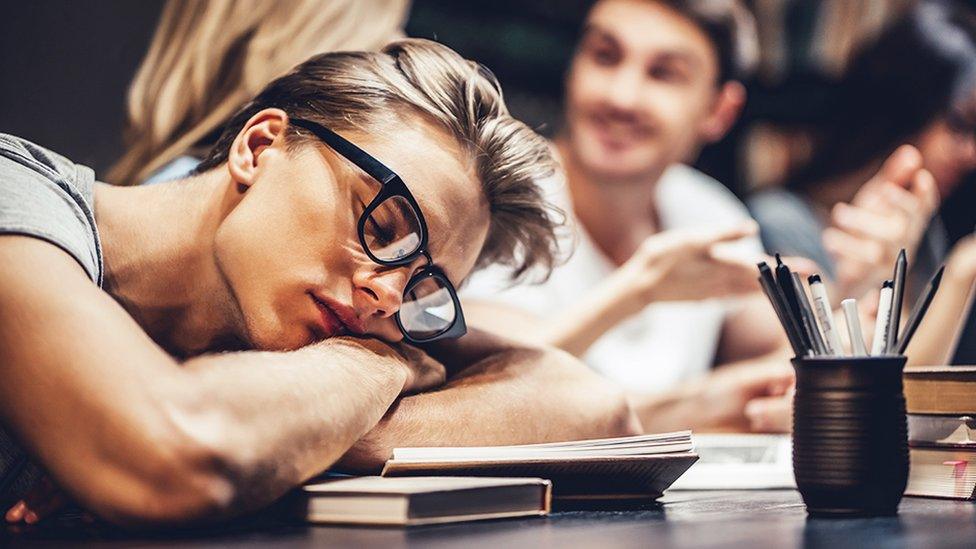
Good news - it wasn't the second bowl of pasta that made you tired, it's your ancestors from thousands of years ago that are to blame
He says humans would have rested in the midday sun tens of thousands of years ago and that behaviours became "imprinted in our circadian rhythms."
Your circadian rhythm is your 24-hour body clock.
"You're always being switched on, in fight or flight mode, when we're at work or at school," he says.
"When you have a nap, you switch the other way, into rest and digest mode."
That's all very nice, but I've got stuff to do
A nap is a great idea if you're spending the day at home, but it's not quite as easy if you're surrounded by colleagues.
But finding a quiet spot just to rest can do more good than you might imagine.
"Sitting quietly with your eyes closed can be really beneficial," Dr Guy says.
"It might be that you book a small room and do it in there or in the worst-case scenario you go to the toilet for 10 minutes and you sit there."
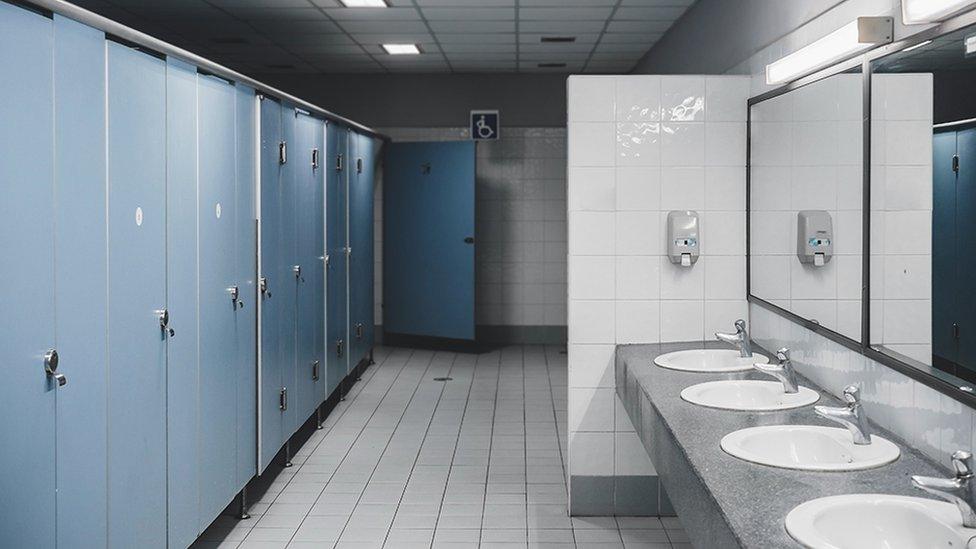
We count seven people. Are they using the loo or snoozing?
In the summer months, he recommends getting out into a park and closing your eyes (just remember to set an alarm so you make it back to work).
"When we're in light sleep we don't really know when we're asleep or not. Seeing it as an opportunity to rest is really important," Dr Guy says.
"Even if you don't fall asleep, you still get benefits."
Don't nap for too long
Dr Guy says 10-20 minutes is the perfect amount to recharge for the afternoon ahead.
"It's about experimenting and finding what's right for you," he says.
"You want to be getting just the right amount, to wake up feeling refreshed but not foggy."
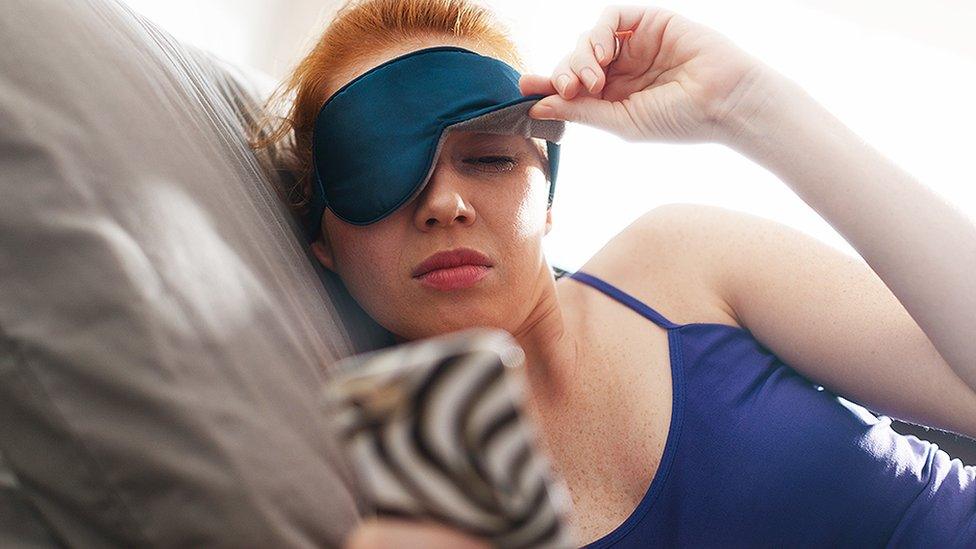
What year is this?
"Sleeping longer than 20 minutes will mean you go into deeper sleep, which is harder to wake from and can leave you feeling much worse."
Dr Guy says people who are new to napping should set an alarm, but after several months should be able to wake themselves after the desired amount of snooze time,
Strong coffee is not a substitute for sleep
Dr Guy says we need to be awake for 16 hours to build up our "sleep drive" to enable us to get that much-talked-about eight hours of sleep at night.
"When you get to 10-11pm you feel sleepy. It's that hypnotic feeling, it's because your sleep drive is really high," he says.
"Caffeine works in a different way. It binds to parts of your brain where the chemicals responsible for your sleep drive bind and it temporarily masks it."
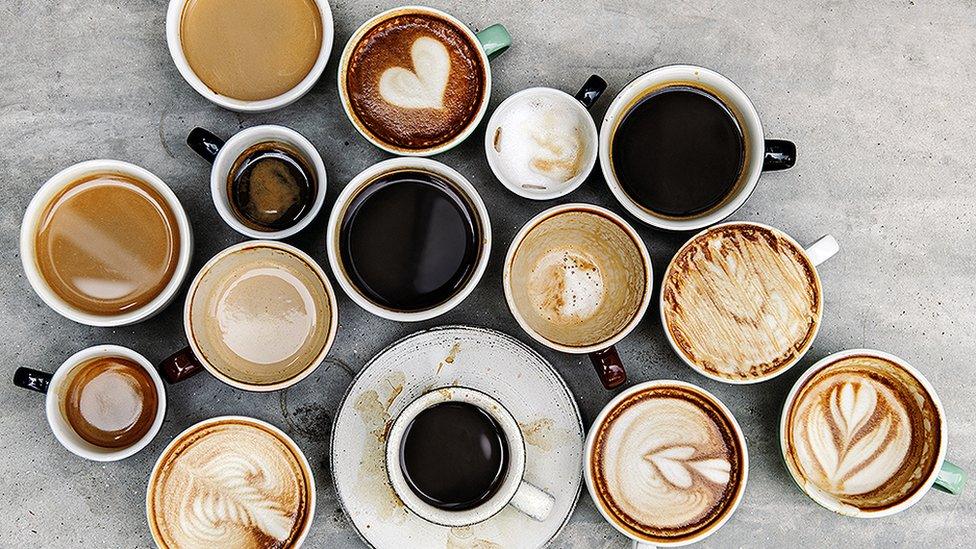
Surprise! This won't help in the long term
Sure it's a short-term fix, but some of the caffeine from a cup of coffee you had at midday will still be in your system 12 hours later.
Sleep well, everyone.
Follow Newsbeat on Instagram, external, Facebook, external and Twitter, external.
Listen to Newsbeat live at 12:45 and 17:45 every weekday on BBC Radio 1 and 1Xtra - if you miss us you can listen back here.
- Published16 November 2018
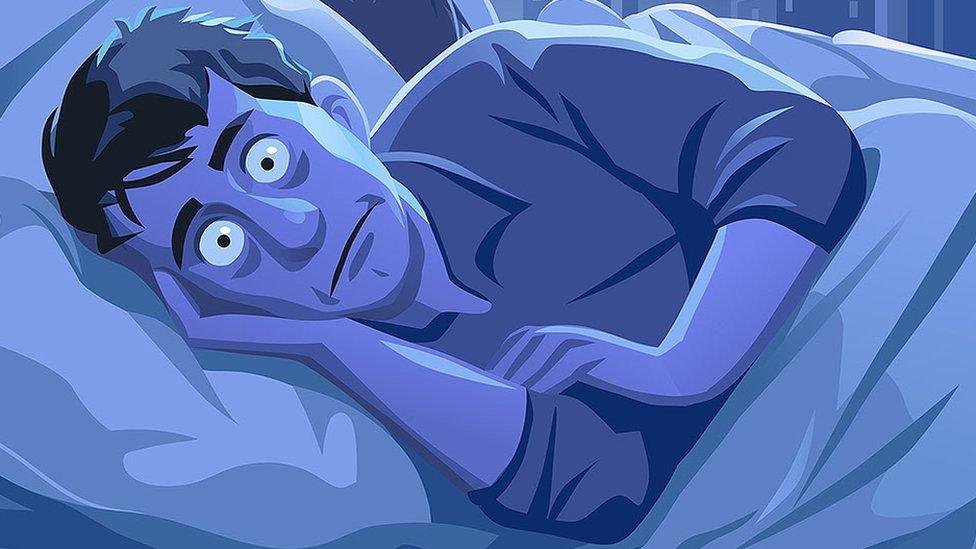
- Published21 June 2018
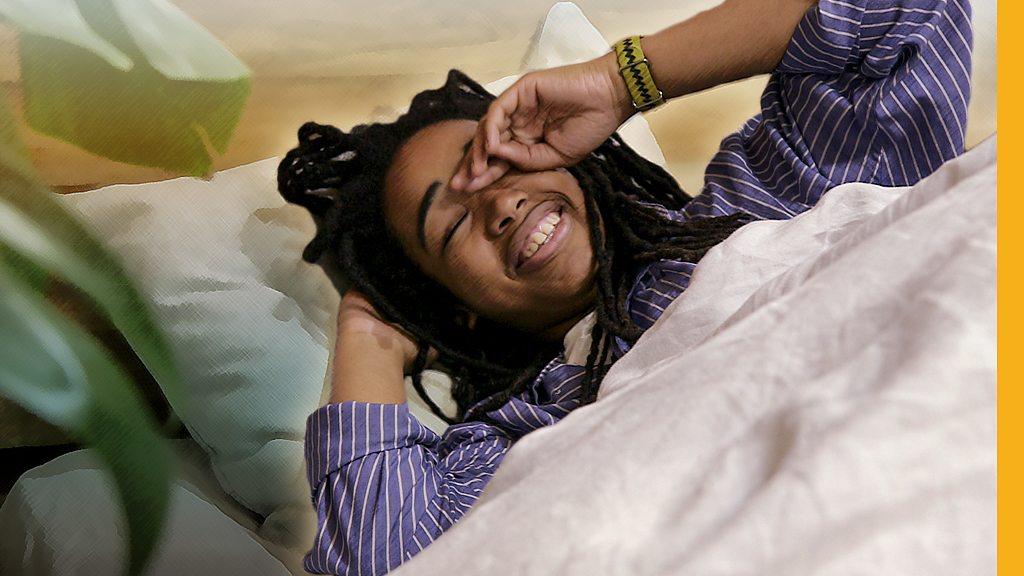
- Published14 May 2018
